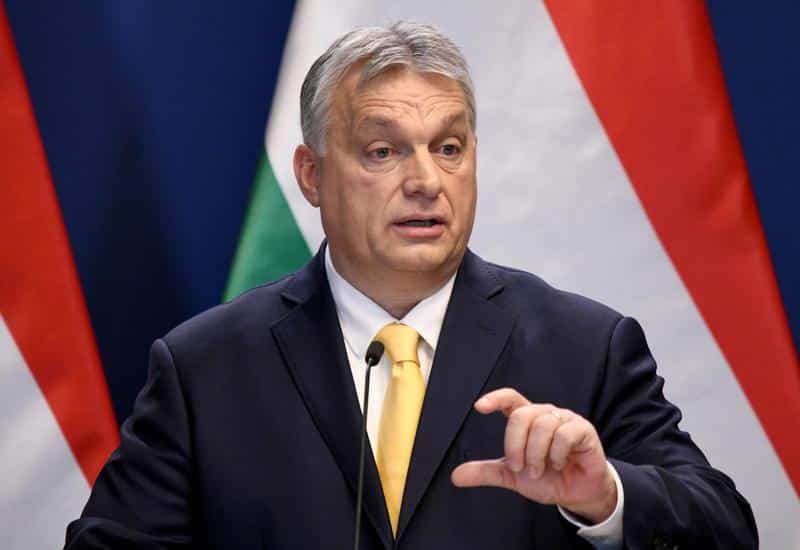President Nikos Christodoulides is to travel to Hungary on Thursday to meet with leaders of other European countries at the European Political Community summit and an informal meeting of the European Council.
The day’s European Political Community meeting is set to be attended by most if not all of its 47 participating states, as well as high-ranking officials from the European Union, Nato, the Organisation for Security and Cooperation in Europe (OSCE), and the Council of Europe.
The meetings are set to centre on matters concerning Europe’s economic security and immigration, with Christodoulides set to speak about immigration in his intervention at the summit.
Additionally, he will hold a series of bilateral meetings with other heads of government.
On Thursday evening, the 27 EU heads of government will attend an evening meal at the Hungarian parliament building, where they will discuss relations between the EU and the United States in the wake of Donald Trump’s re-election as president, as well as the ongoing situation in the Middle East.
They will then hold an informal European Council meeting on Friday, with the main topic of discussion set to be the future of European competitiveness, based on former Italian Prime Minister Enrico Letta’s report on the future of the European single market and former European Central Bank President Mario Draghi’s report on competitiveness.
Christodoulides will be accompanied in Hungary by European Affairs Deputy Minister Marilena Raouna.
The choice of Hungary as the venue of the week’s meeting will be of particular interest in Cyprus, given the fact that Hungarian Prime Minister Viktor Orban was on Wednesday in Kyrgyzstan for the Organisation of Turkic States (OTS)’s latest meeting.
Hungary is an observer of the OTS, as is the north, and as such on Wednesday morning, Orban and Turkish Cypriot leader Ersin Tatar were pictured together in the “family photo” of attendees, separated only by Turkmenistan President Serdar Berdimuhamedow.
The previous OTS summit, held in the Azerbaijani town of Shusha in July, had seen the Hungarian government draw the ire of the EU, with the bloc’s High Representative for Foreign Affairs Josep Borrell issuing a scathing statement.
“Hungary has not received any mandate from the European Council to advance relations with the OTS. The EU rejects the attempts by the OTS to legitimise the Turkish Cypriot secessionist entity,” he said.
Cyprus’ foreign ministry was equally scathing, issuing a “strong condemnation” of the meeting and describing Hungary’s presence as a “serious slip”.
They added their “strong disappointment and dissatisfaction” at the Hungarian presence.
“We expect that all our European partners, including [Hungary], will fully respect the United Nations resolutions on Cyprus, international law, and the obligations arising from their status as EU member states,” they said.







Click here to change your cookie preferences